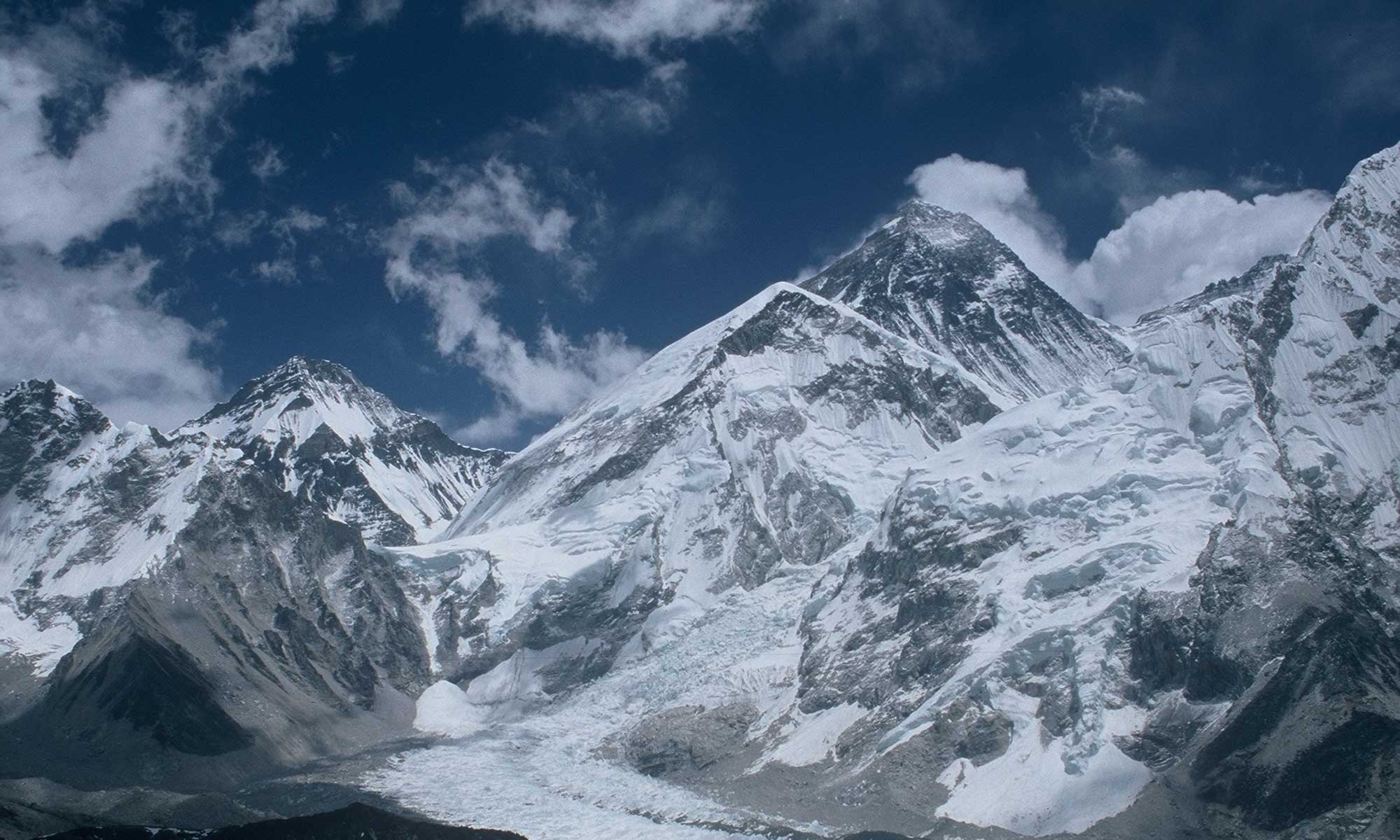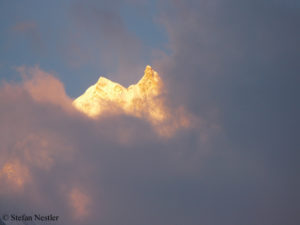“Over there, the altitude, plus the temperature, plus the wind, plus the exhaustion make us fight for every step,” said Maciej Berbeka after his return from the eight-thousander Manaslu in western Nepal. “It’s simply a nightmare.” On 12 January 1984 – 40 years ago today – the Polish climber reached the summit of the eighth highest mountain on earth with his compatriot Ryszard Gajewski. It was the first winter ascent of Manaslu and the first ascent of an eight-thousander without bottled oxygen.
Incited by Messner
Expedition leader Lech Korniszewski, a 47-year-old doctor and mountaineer from Zakopane, the highest town in Poland, had gathered a young team around him. The average age of the climbers was 31; Berbeka and Gajewski were 29 years old. The two had been friends since childhood, their fathers worked together at the mountain rescue service in Zakopane. The team chose the so-called “Tyrolean route” through the South Face, which Reinhold Messner had opened in spring 1972. Messner had incited the Poles with his words that he did not believe that the route he had first climbed was possible in winter.
Tragedy at the start of the expedition
The team set up base camp at 4,000 meters on 2 December 1983. Nine days later, tragedy struck. Stanislaw (called “Staszek”) Jaworski, who accompanied the expedition as a cameraman, fell 100 meters to his death while descending from Camp 1 (5,650 meters). He had clipped himself into the fixed rope of an earlier expedition. The rope broke.
“We buried Staszek in a crevasse, the boys put up a cross made of bamboo. It was a dramatic moment,” recalled expedition leader Korniszewski in an interview with the Polish sports portal Przeglad Sportowy in 2023. “Shortly afterwards, we had a meeting and decided that we would continue climbing despite the incident.”
40 minutes at the summit
On 21 December, four Polish climbers reached Camp 3 at 7,100 meters, after which they all celebrated Christmas together at base camp. The weather then took a turn for the worse. Twice, the tents from Camp 3 were blown into the so-called “Butterfly Valley”. The hardy Polish team was not impressed. Berbeka and Gajewski reached Camp 4 at 7,750 meters on 11 January and a day later at around 11 a.m. local time the summit at 8,163 meters. Despite the icy cold of below minus 30 degrees Celsius, the two stayed at the highest point for 40 minutes.
Frostbite on limbs
“On the descent they had to buck hurricane winds directly in their faces and sometimes had to crawl downward,” wrote expedition leader Korniszewski in his 1984 expedition report for the American Alpine Journal. “Berbeka froze toes and Gajewski a finger.” The summit attempt of a second group was aborted because the storm had blown away Camp 4. The team dedicated Berbeka and Gajewski’s summit success to Stanislaw Jaworski, who had died in an accident.

A different style
It was not until 2023 that another climber reached the highest point of Manaslu in winter without bottled oxygen: the Spaniard Alex Txikon – currently en route on Annapurna – reached the highest point via the north-east flank on the normal route, accompanied by six Sherpas who climbed with breathing masks. A different style to that which the “Ice Warriors“, as the Polish winter specialists used to be called, practiced on Manaslu 40 years ago.
Ryszard Gajewski will celebrate his 70th birthday next October. Maciej Berbeka died in March 2012 at the age of 58 while descending Broad Peak in Pakistan, after he had also managed the first winter ascent of this eight-thousander as part of a four-person Polish team. It was his third one after Manaslu in 1984 and Cho Oyu in 1985.
P.S.: If you are interested in the history of winter mountaineering on the eight-thousanders, I recommend the book “Winter 8000” by Canadian Bernadette McDonald.


